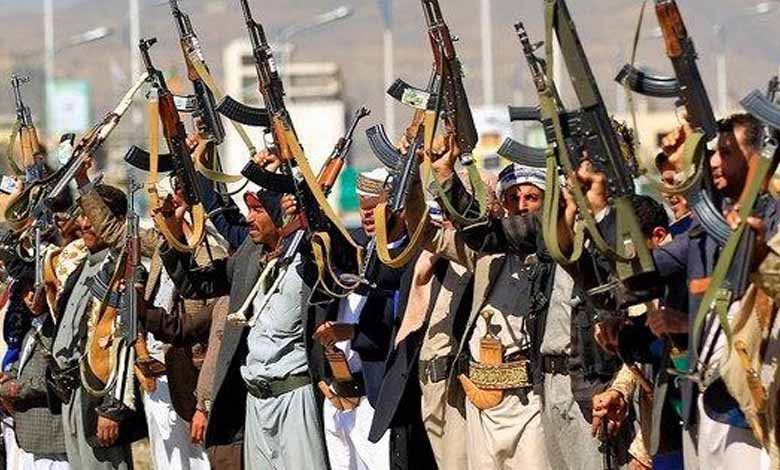Talk of a new UN plan to achieve peace in Yemen

A senior Yemeni political source said on Tuesday that the United Nations will soon present a new “peace plan” in the country, which has been witnessing war for nearly nine years, with the failure of previous attempts due to the Houthis’ insistence on military escalation.
“The UN has now started separate efforts (from regional efforts) to try to reach a ceasefire agreement in Yemen and to hold confidence-building consultations on economic and military aspects before moving to full-scale power-sharing negotiations,” said the source familiar with the progress of UN-led talks with the Yemeni parties, who preferred anonymity because he was not authorized to speak to the media.
“However, this prospect faces many negative developments on the ground, with the rebels insisting on a military escalation on several fronts, such as the oil-rich Marib province, as well as a tightening of the siege on Taiz.”
“With Saudi contacts [with the Houthis] halted, there is an opportunity for the UN to lead efforts and maintain the momentum for peace and the ongoing truce,” he said.
“After this round of UN meetings, which will also include political forces, it is likely that UN envoy Hans Grundberg will put forward his peace plan for Yemen,” he said.
On Sunday and Monday, Grundberg held talks in Saudi Arabia and Oman to push forward the peace process in Yemen.
During his tour, the U.N. envoy met in Riyadh with Yemeni President Rashad Al-Alimi, Foreign Minister Ahmed Awad bin Mubarak, Saudi Ambassador to Yemen Mohammed Al Jaber, and the ambassadors of the five permanent members of the Security Council accredited to Yemen.
“He also met with Omani officials in Muscat, as well as Houthi chief negotiator Mohammed Abdulsalam.”
Asked whether UN and international efforts on Yemen have stalled, the source said, “We cannot say that the ongoing efforts failed or faltered as long as they continue, and unless any party says that their efforts failed, there should be no hope for any good efforts in this regard.”
“It is important to differentiate between the current efforts, as the UN was not part of the consultations that were limited to Riyadh, Muscat and the Houthi group, because these efforts are related to returning Houthi to the truce,” he said.
“The legitimate government is waiting for the success of these efforts, while the UN is waiting for the next step, as the task of managing the dialog is supposed to be transferred to it,” he said.
“Yemen has been ravaged for nine years by a war between forces loyal to the legitimate government, backed by a Saudi-led Arab military coalition, and the Iranian-backed Houthi group, which has controlled provinces including the capital Sana’a since 2014.”
Regional and international efforts to achieve a comprehensive political solution to the crisis in Yemen have intensified for some time, including visits by Saudi and Omani delegations to Sanaa and tours by US and UN envoys to Yemen Tim Linderking and Hans Grundberg.
Hopes for peace have been rising between Yemenis since Saudi Arabia and Iran, mediated by China, signed an agreement on March 10th to resume diplomatic relations, ending a seven-year break.












